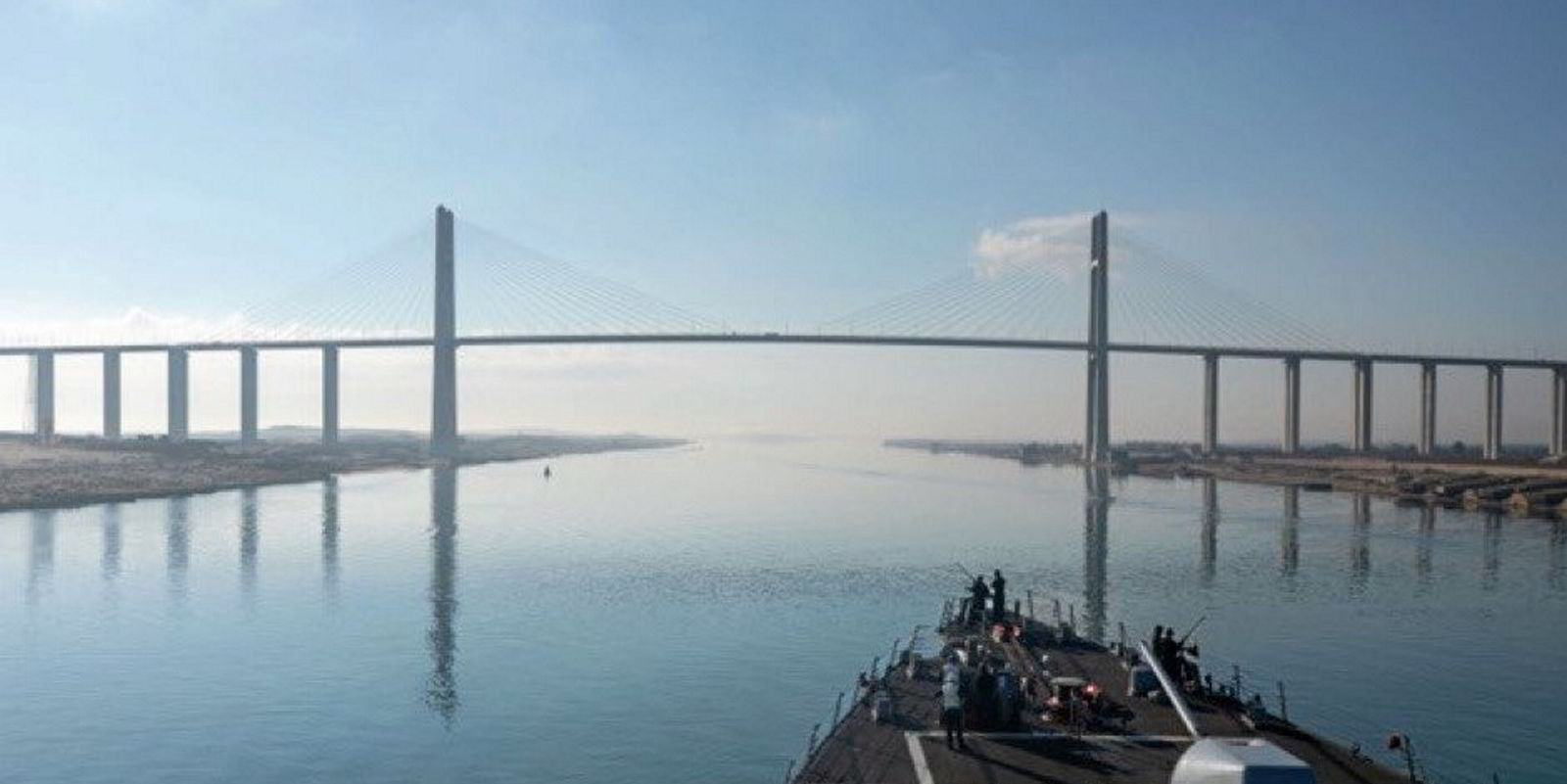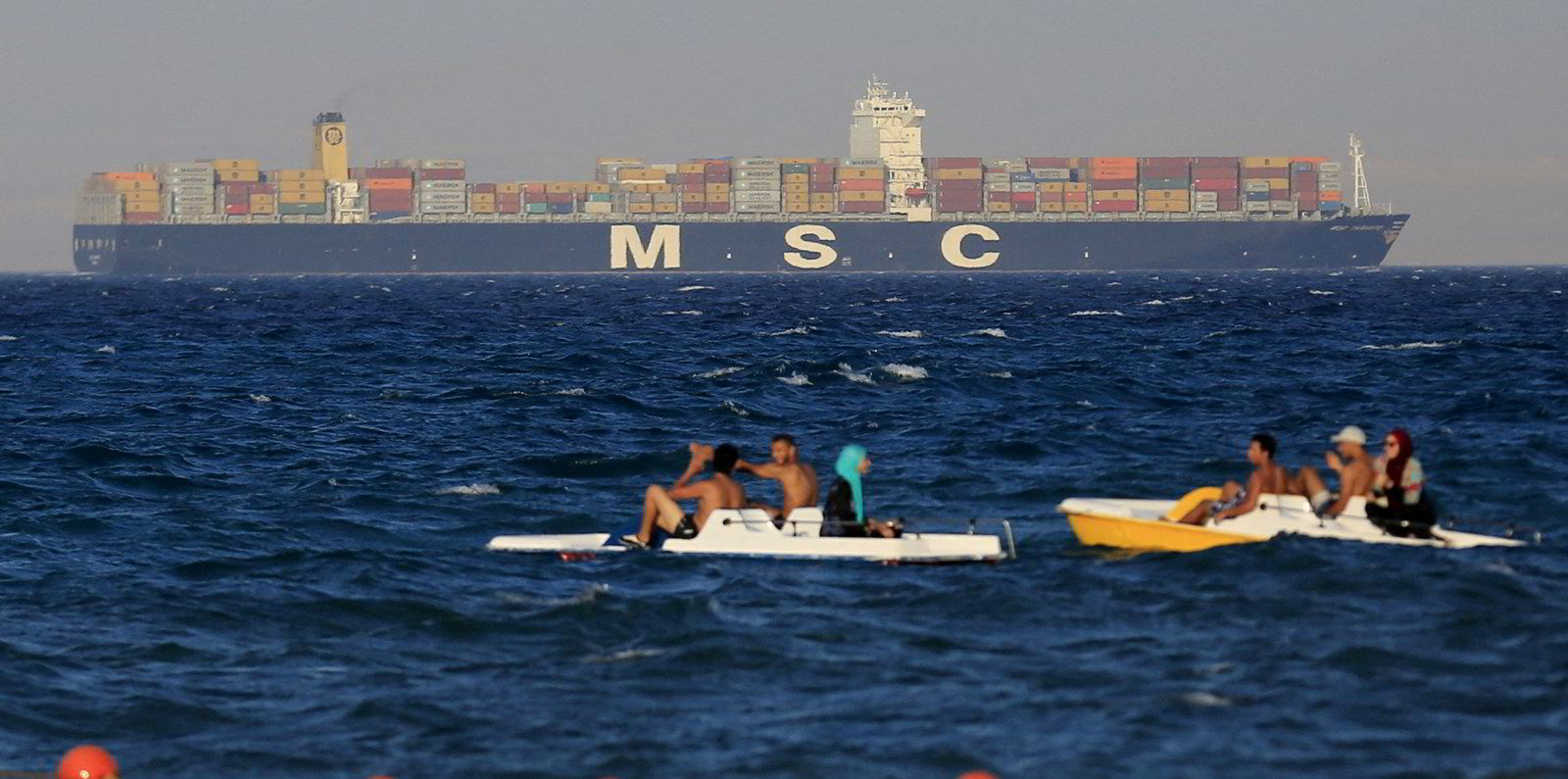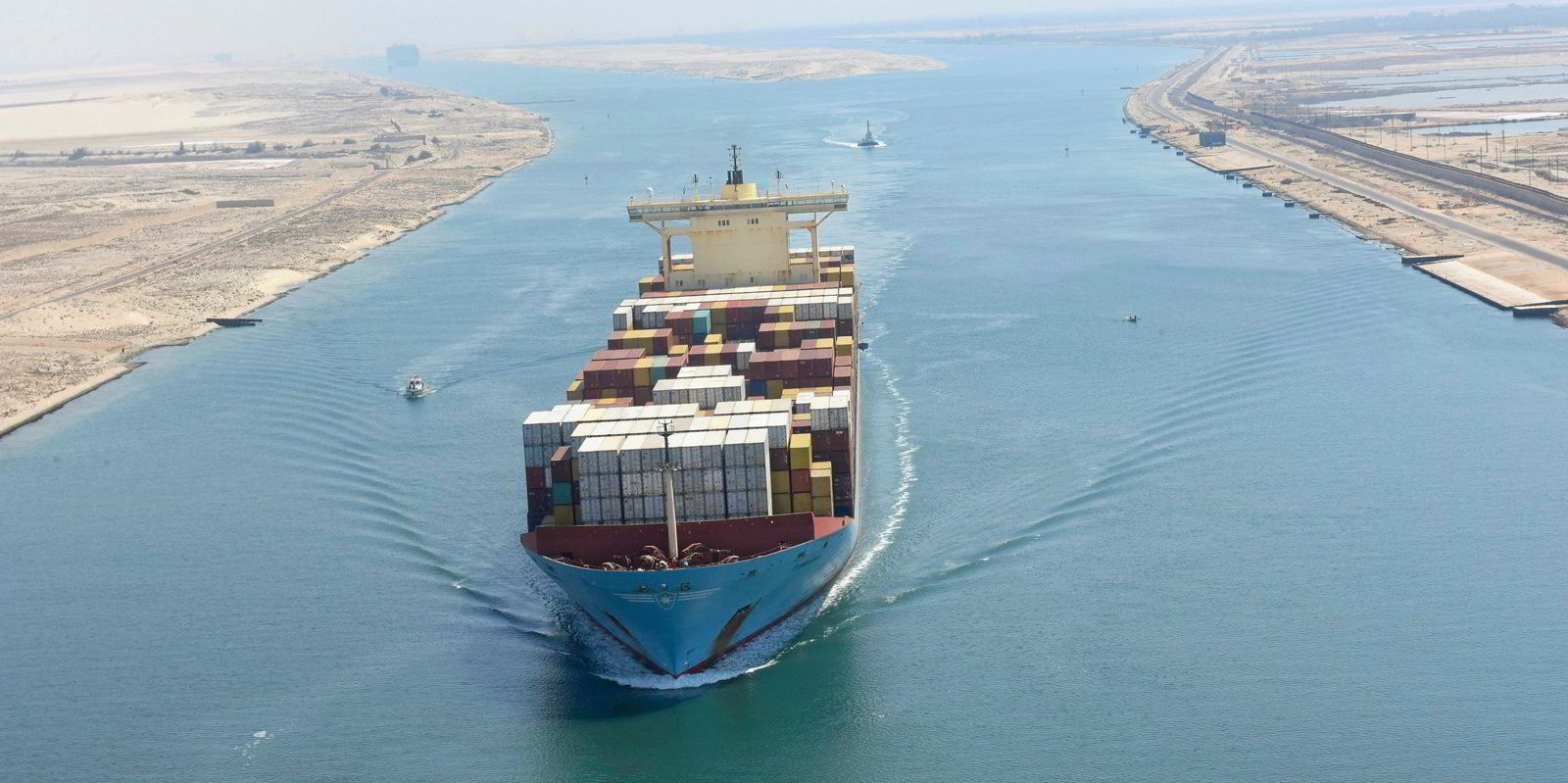CMA CGM, one of the big container ship liner companies that have been rerouting ships around Africa to avoid the Houthi threat off Yemen, is working on plans to gradually resume voyages through the Red Sea.
“We are currently devising plans for the gradual increase in the number of vessels transiting through the Suez Canal,” the company said in a statement on its website.
CMA CGM becomes the second big liner company after AP Moller-Maersk to announce preparations towards more normal operations.
Just like Maersk, however, CMA CGM did not commit to a timeframe for reversing its decision to avoid the waterway and divert vessels on longer routes.
“We are monitoring the situation constantly and we stand ready to promptly reassess and adjust our plans as needed,” CMA CGM said.
The Marseille-based operator had announced on 16 December that it was pausing such voyages or starting diverting services south around the Cape of Good Hope.
CMA CGM reiterated in its latest statement that it “remains deeply concerned” about the Houthi attacks on commercial shipping in the Red Sea.
According to a list published late on 26 December on its website, CMA CGM has diverted 28 vessels from the route — 13 northbound and 15 southbound.
CMA CGM, however, has not diverted all its ships.
“Some vessels have made the transit through the Red Sea,” the company said, adding: “This decision is based on an in-depth evaluation of the security landscape and our commitment to the security and safety of our seafarers”.
This seems to be in line with best practices followed by other companies.
Mediterranean Shipping Company (MSC), another firm with an official policy to avoid the Red Sea, nevertheless sent the 8,204-teu MSC United VIII (built 2006) through the waterway on a trip from Saudi Arabia to Pakistan.
The vessel was unsuccessfully attacked by the Houthis on Tuesday, as TradeWinds has already reported.
Shipping companies have been mulling a gradual return to the Red Sea following the establishment of Operation Prosperity Guardian — a US-led multinational naval task force to protect commercial ships.
It is still unclear, however, how many naval assets will be deployed over what time frame in the initiative, as well as under which rules of engagement and chain of command.
Given the uncertainty, several big shipping companies are reluctant to announce normalisation plans.
Hapag-Lloyd, a big German liner that, according to its website, has diverted more than 100 ships around the Cape of Good Hope, said on Wednesday it was still to early to start reviewing its strategy.
“We continuously assess the situation and plan a next review on Friday,” Reuters cited a company spokesman as saying.





